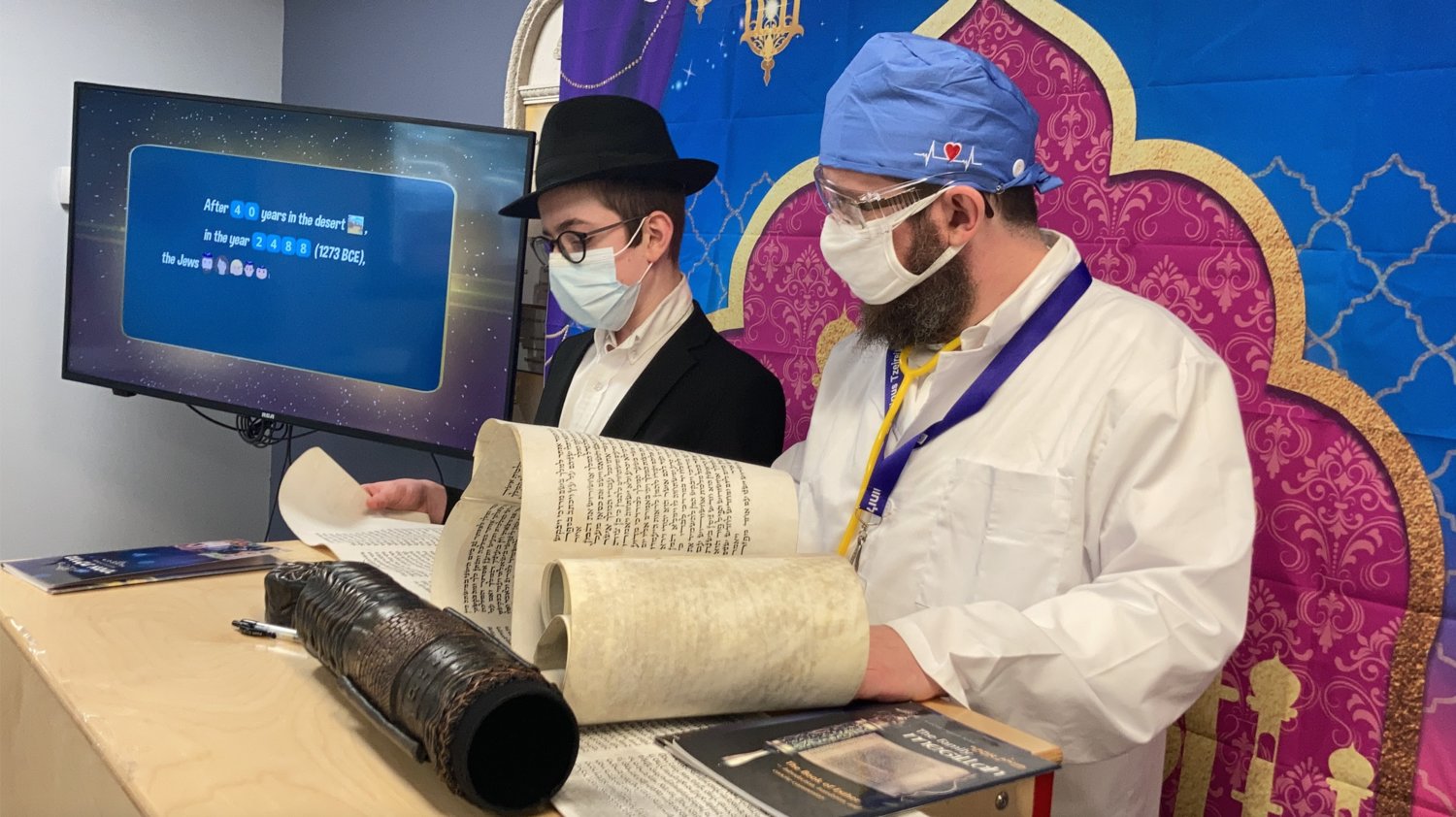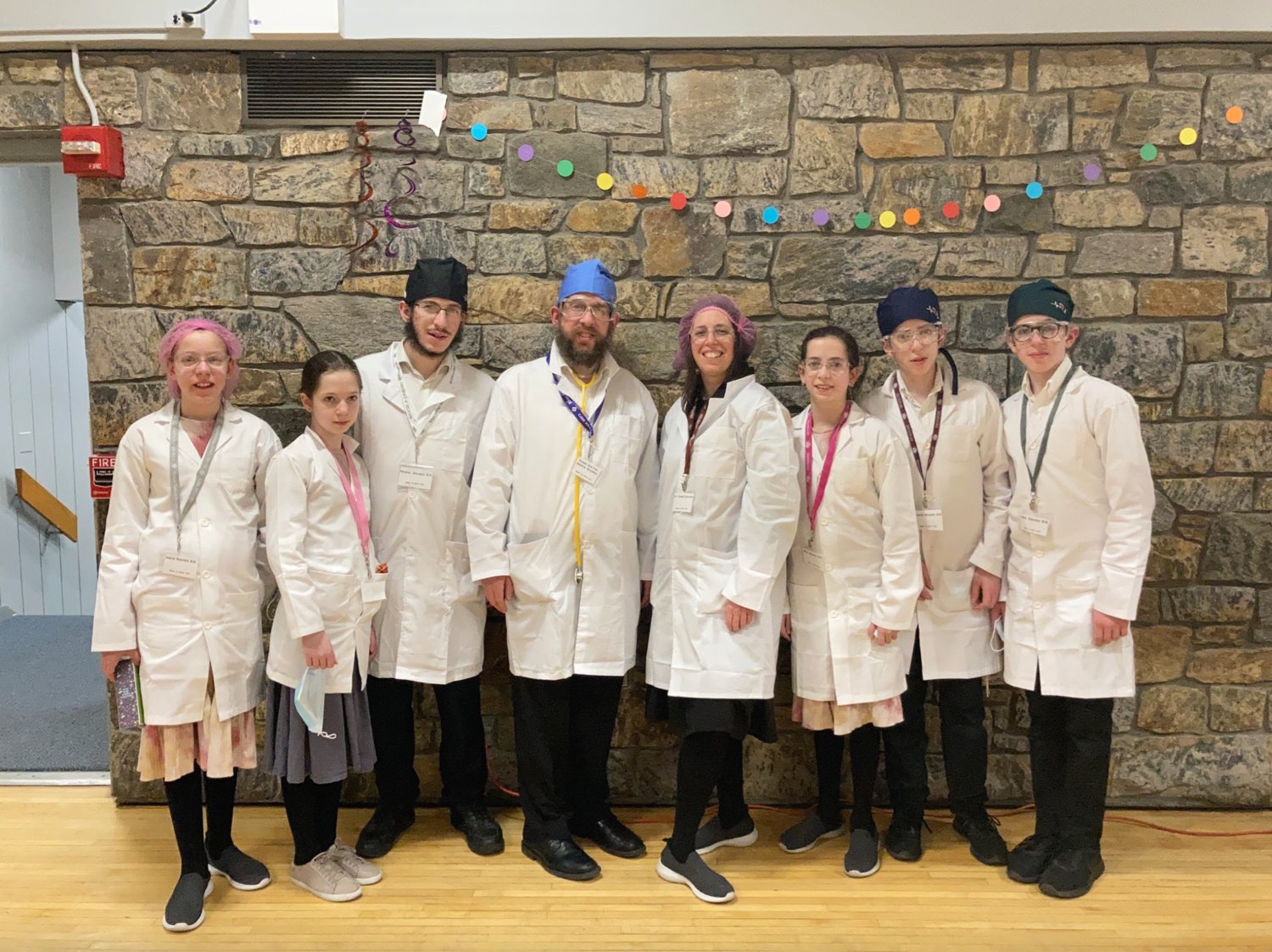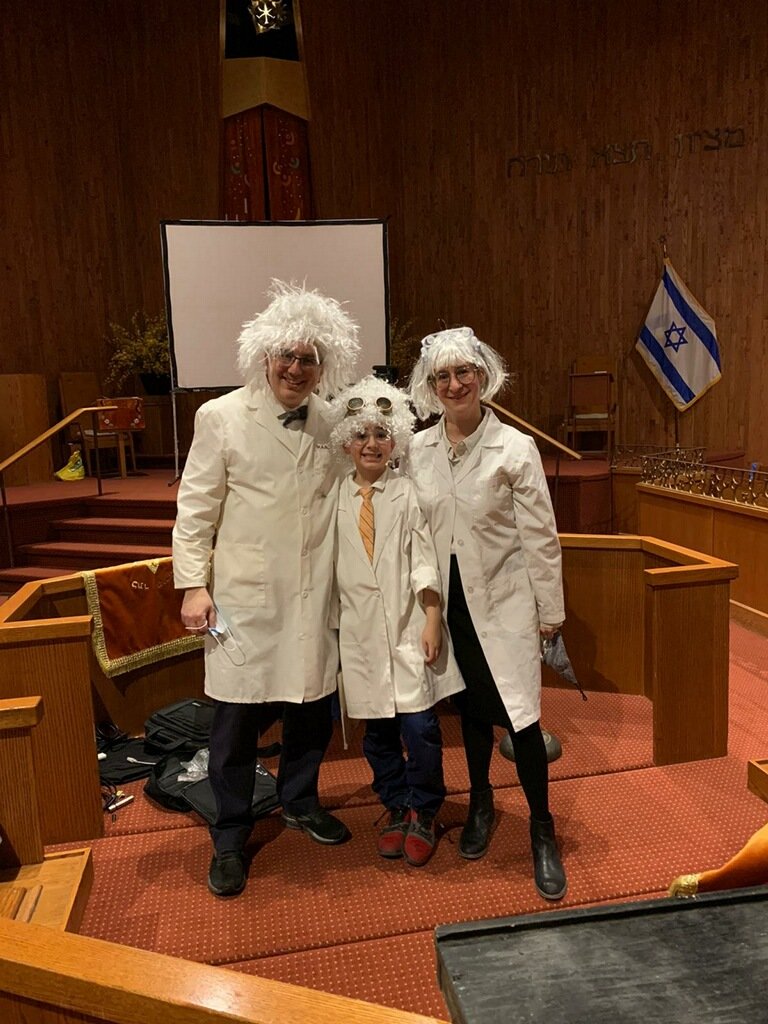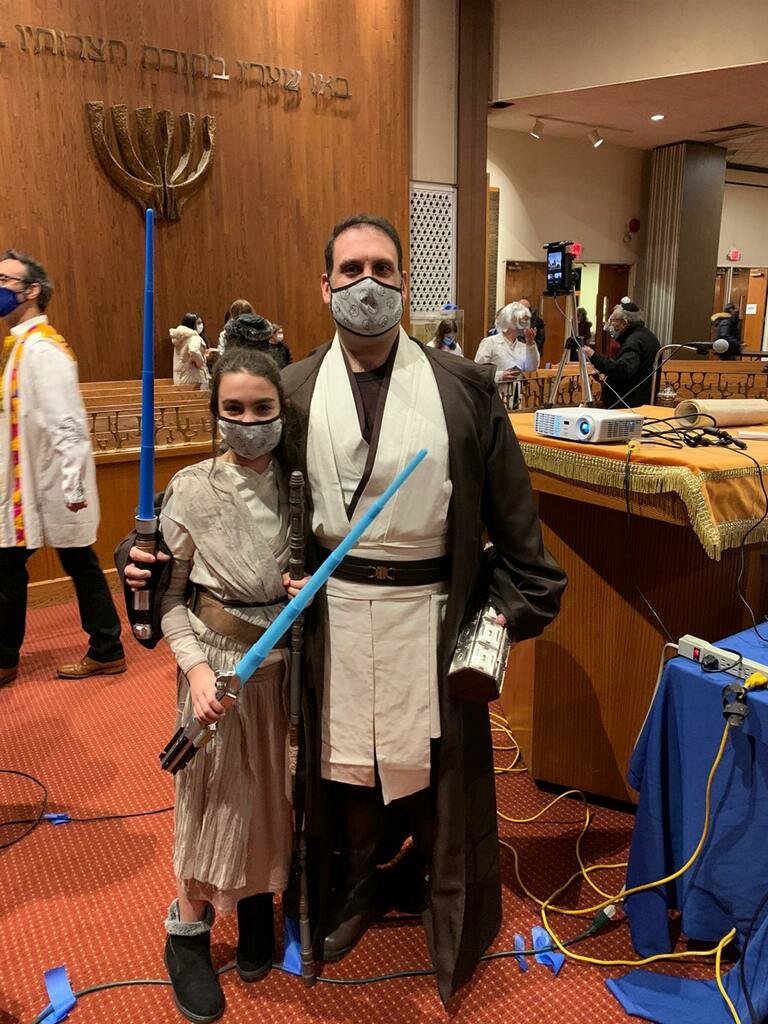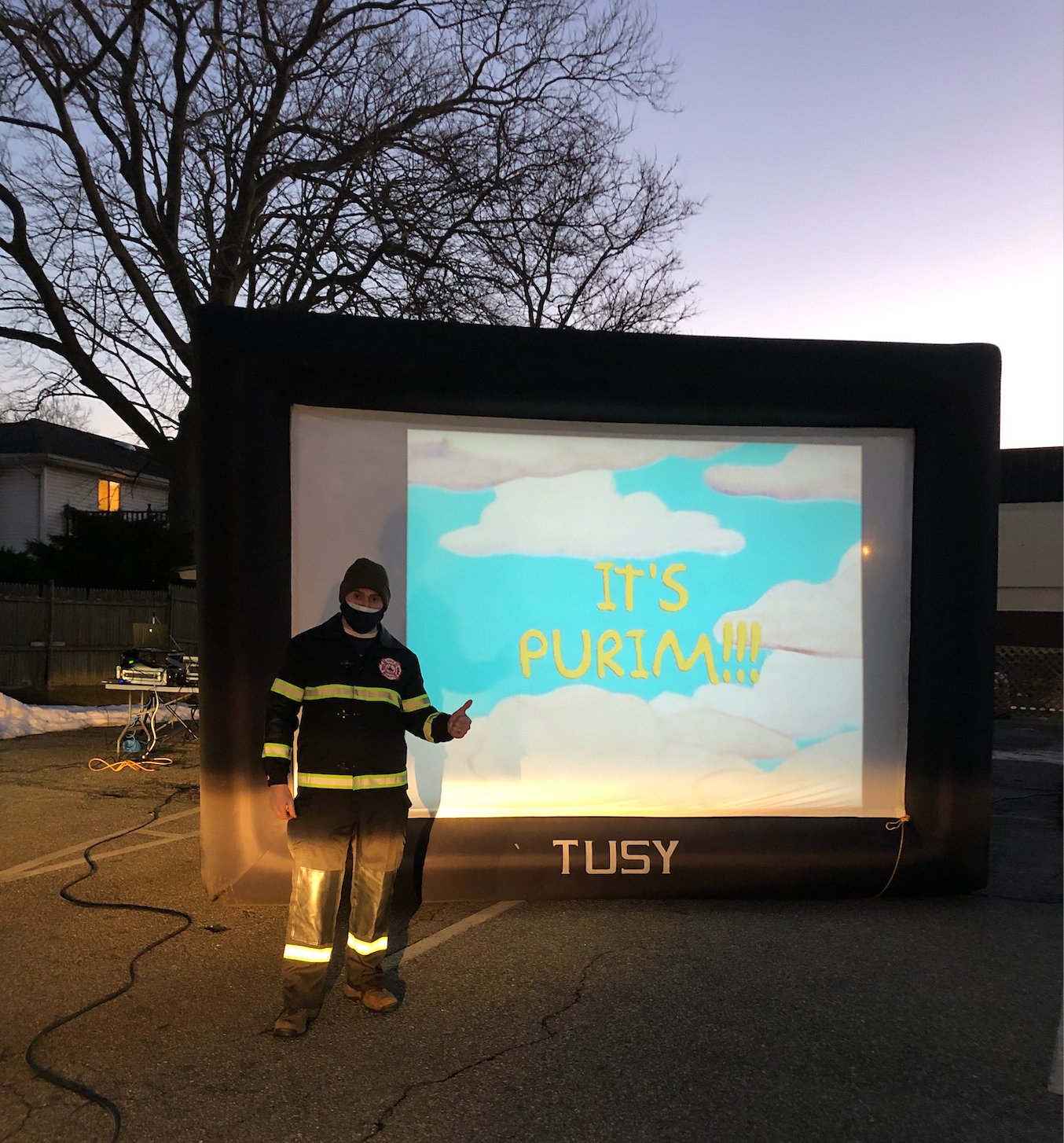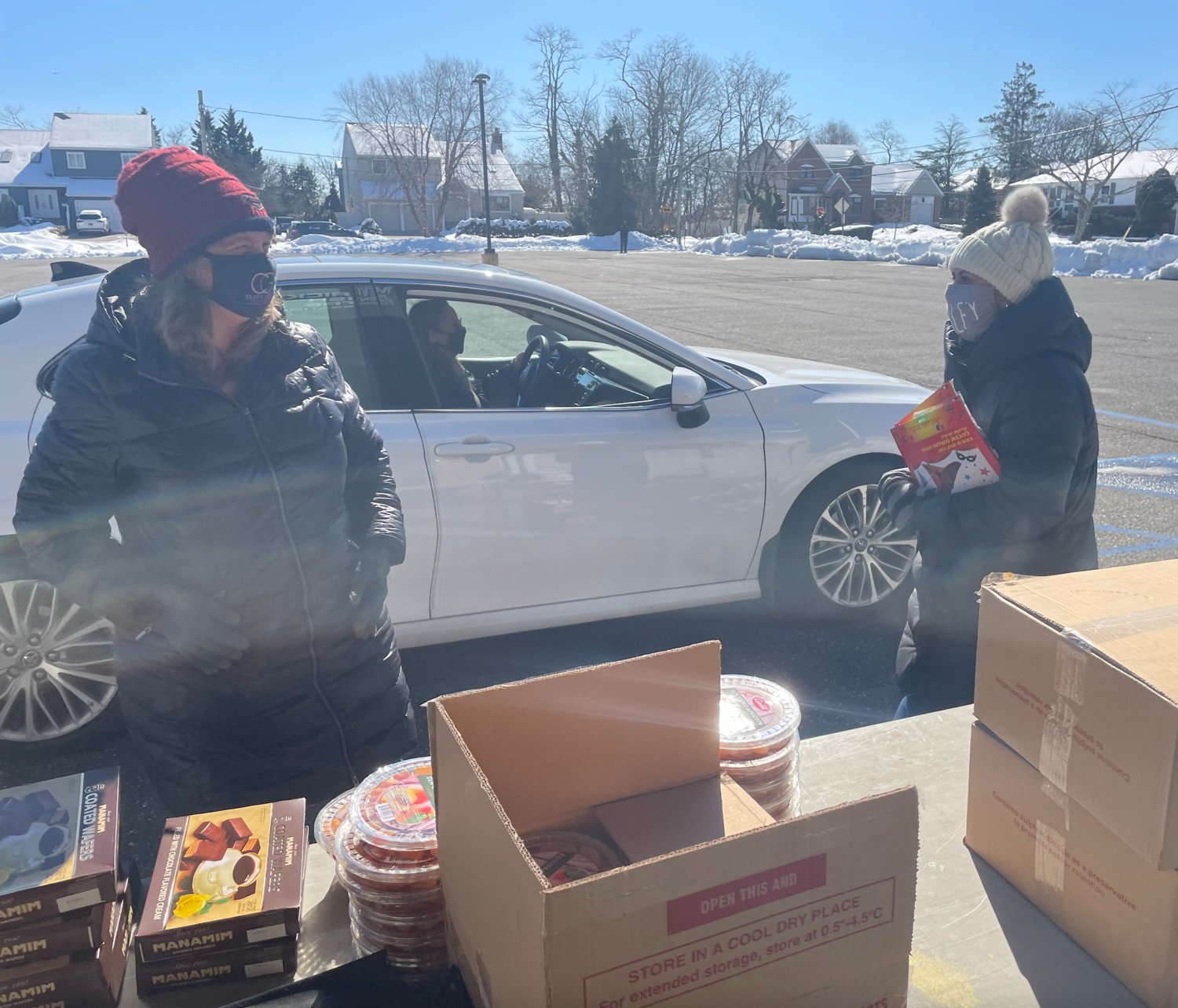Friday, July 26, 2024
Bellmore-Merrick synagogues safely celebrate Purim during pandemic
Judaism’s happiest holiday a light in the darkness
The festival of Purim is celebrated every year on the 14th of the Hebrew month of Adar (late winter/early spring). It commemorates the salvation of the Jewish people in ancient Persia from Haman’s plot “to destroy, kill and annihilate all the Jews in a single day,” as recorded in the Megillah, or the Book of Esther.
Purim means “lots” in ancient Persian and was thus named because Haman threw lots to determine when he would carry out his plans.
Jews observe Purim by reading the Megillah, giving money or donating food to the poor and celebrating with a feast. It is customary for children and adults to dress up in costumes and make and eat three-cornered pastries called hamantaschen.
Source: www.chabad.org
For some observers of the Jewish faith, 2020’s Purim celebrations marked the last time they physically visited a synagogue. Last spring, just days after the Megillah was read, costumes were worn and hamantaschen were eaten, houses of worship were forced to close as coronavirus cases surged in New York.
Despite the pandemic, Purim parties were held once again in a safe, socially distant manner — and even over Zoom — to the delight of congregants throughout the community. The holiday, which was observed on Feb. 25 and 26, commemorates events that occurred more than 2,000 years ago, when the Jewish people evaded persecution from King Ahasuerus and his minster Haman in ancient Persia, as recorded in the Megillah, or the Book of Esther. (see box)
Chabad Center for Jewish Life
For its 15th annual Purim celebration, the Chabad Center for Jewish Life hosted a series of socially distant parties at the Merrick Park Golf Course clubhouse and at its headquarters on Hewlett Avenue. Festivities included a Megillah reading accompanied by a multimedia slideshow, pre-packaged shalach manot food boxes and virtual presentations from preschool and Hebrew school students.
Additionally, Rabbi Shimon and Chanie Kramer’s son, Mendel, roamed the neighborhood to offer personal Megillah readings to congregants in quarantine, which he delivered from their front lawns.
“Purim celebrates how, at a time when everything was so bleak, at the last minute, through God’s intervention, all the Jewish people were saved,” Chanie said. “What we can learn from the Purim story is that in the blink of an eye things can change, and we hope [that] message comes to life in these times.”
Merrick Jewish Centre
Volunteers from the Merrick Jewish Centre hosted a shalach manot pickup at the synagogue ahead of the holiday. On Feb. 21, hundreds of people received a bag of prepared goodies to enjoy during Purim.
MJC held a celebration and Megillah reading via Zoom last Thursday night, which was followed by a virtual mixology class — an activity that probably wouldn’t have happened were it not for Covid-19, said Rabbi Charles Klein.
“The pandemic has really infused synagogues in general with an unprecedented creativity,” he said. “We’re doing more than we would normally do, and it’s been so well-received because people are looking for these moments of joy and excitement.”
Congregation Beth Ohr
Congregation Beth Ohr, in Bellmore, also got creative by hosting a drive-in Megillah presentation at its Merrick annex last Thursday night. Attendants enjoyed a screening of “The Scroll of Esther” — which recounts the events of Purim as told by Esther and Mordechai — that was played on a big screen and could be heard by tuning into the radio.
“The theme of the Purim story is we have it in us to withstand the challenges ahead,” said Rabbi Dahlia Bernstein, “and if we’re able to get through a challenge once we can do it again.”
Congregation Ohav Sholom
Congregation Ohav Sholom, in Merrick, offered both in-person and virtual programs during Purim. Additionally, last Friday, volunteers delivered a total 250 baskets to each member of the synagogue’s congregational family. Following a virtual Megillah reading, families enjoyed game show-style entertainment and competed to win prizes over Zoom, keeping the spirit of the holiday alive.
“Purim is the happiest day on the Jewish calendar,” said Rabbi Ira Ebbin. “We’ve been promoting how to find happiness, which is not found in consumerism or a celebration, but in helping others and making sure people don’t feel lonely on this holiday. In the darkest times the light is not that far away.”
HELP SUPPORT LOCAL JOURNALISM
The worldwide pandemic has threatened many of the businesses you rely on every day, but don’t let it take away your source for local news. Now more than ever, we need your help to ensure nothing but the best in hyperlocal community journalism comes straight to you. Consider supporting the Herald with a small donation. It can be a one-time, or a monthly contribution, to help ensure we’re here through this crisis. To donate or for more information, click here.
Sponsored content
Other items that may interest you

